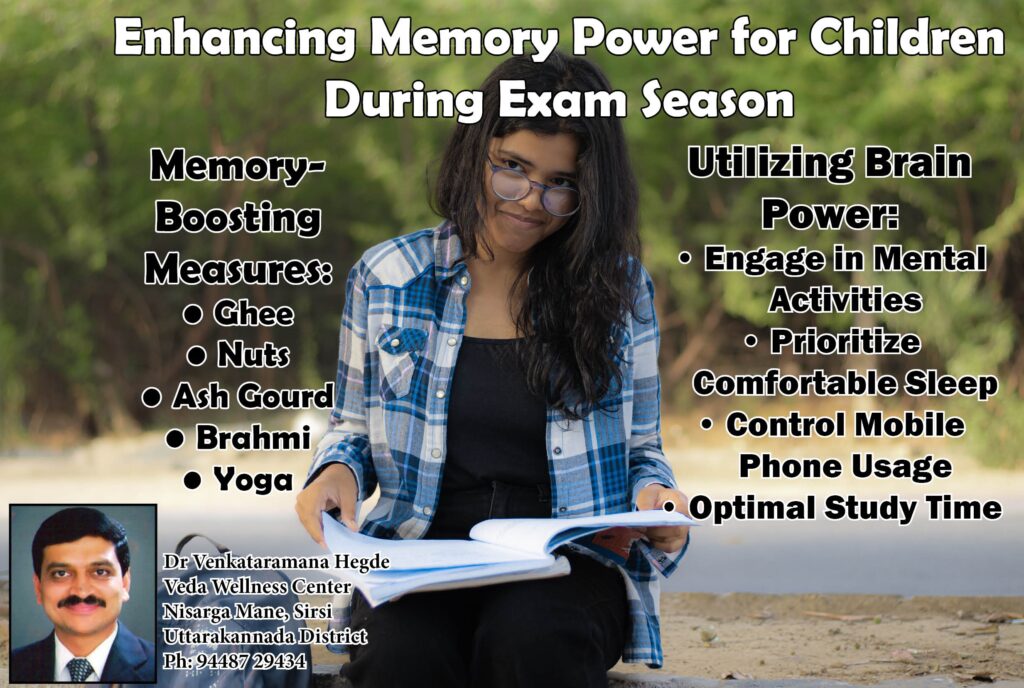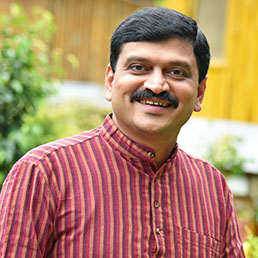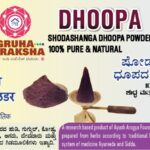Enhance Memory Power for Children as the exam season approaches. The importance of retaining information becomes paramount. The belief that recalling everything read is sufficient prevails among many.


Today, let’s explore strategies to not only improve memory but also enhance overall brain health, fostering positive mental changes. Factors such as diet, daily activities, lifestyle choices, and certain medicines play crucial roles in this endeavour.
Memory-Boosting Measures:
• Ghee: Ghee, particularly pure desi cow’s milk ghee, stands out as a top memory-boosting food. Children should consume a couple of spoons of ghee daily as part of their regular meals.
• Nuts: Walnuts, almonds, and cashews are known to significantly enhance memory power.
• Ash Gourd: According to Ayurveda, Ash gourd is considered mild and beneficial for memory. Preparing Ash gourd halwa or lehya and incorporating it into children’s daily diet can be a delicious way to reap its benefits.
• Brahmi: Administer half a glass of Brahmi or one cup of its juice daily to children. Caution: Consult a doctor before exceeding five Brahmi leaves per day.
• Yoga: Encourage children to practice asanas and pranayama for a minimum of 20 minutes daily. Even ten minutes of the chin mudra, formed by joining the tips of the thumb and forefingers, can reduce mental stress and boost memory.
Utilizing Brain Power:
• Engage in Mental Activities: Dedicate a part of the day to games or entertainment that stimulates memory. Avoid measuring or testing memory, as such actions may lead to a loss of confidence in children.
• Prioritize Comfortable Sleep: Ensure children receive a minimum of seven hours of quality sleep. Distractions, particularly from TV or mobile phones during study or homework, should be minimized.
• Control Mobile Phone Usage: If providing mobile phones to children, establish a specific time for usage, preferably once a day. During study sessions, keep mobile phones and TVs away to maintain focus.
• Optimal Study Time: It is advisable to commence studying in the morning during Brahmi Murti, considered an auspicious time according to Shastras.
By implementing these measures, parents can actively contribute to improving their children’s memory power, ensuring a positive impact on both academic performance and overall well-being during the challenging exam period.
Key Takeaways from PM Modi’s Address in “Pariksha Pe Charcha”:
• Avoid Negative Comparisons: Practice of negative comparisons by parents, teachers, or relatives, can harm a student’s mental well-being. Address the issues through positive and heartfelt conversations rather than demoralizing comparisons.
• Deep Teacher-Student Bond: There is a need for a deep and meaningful relationship between teachers and students that goes beyond the academic bond. Create an environment where students feel comfortable for discussing their tensions, problems, and insecurities with their teachers.
• Importance of Self-Care: Likened the body to a mobile phone, emphasizing the importance of keeping it “recharged” for a healthy mind. Highlighted the significance of proper sleep for maintaining physical and mental well-being.
• Practice Builds Confidence: Consistent practice builds confidence and prepares students for challenges. Encouraged students to focus on their own efforts, practice, and improvement rather than comparing themselves to others.
• Set Small Goals: Advised students to set small goals during preparation and gradually improve their performance, reducing self-imposed pressure.
• Avoid Confusion and Indecisiveness: Warned against the negative impact of confusion and indecisiveness. Encouraged students to be insightful in analysing details and decisive in overcoming confusion.
• Moderation in Technology Use: Cautioned against excess in any aspect, including the use of technology. Emphasized the need for discretion and positive utilization of technology.
• Parents as Inspirations, Not Competitors: Urged parents not to foster competition among their children but to serve as inspirations for each other.
These key points reflect the emphasis on mental well-being, positive relationships, self-care, and a balanced approach to academic and personal development in the context of education.


Dr Venkataramana Hegde
Veda Wellness Center
Nisarga Mane, Sirsi
Uttarakannada District
Ph:9448729434












